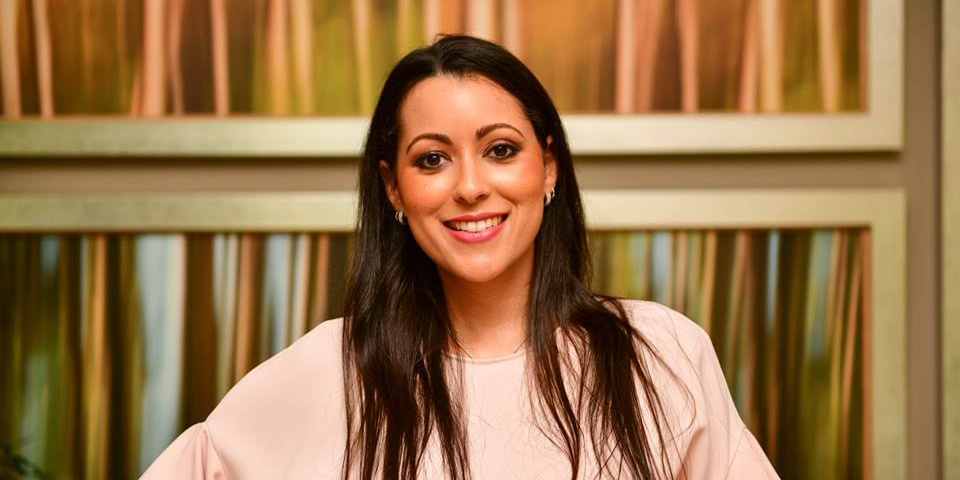
Involved in a cycle of abuse (violence) 25-11-2020
by: Katherine Langa, M.A
When I think about the topic that I want to write about, I don't want to do it only for women. I want everyone who reads it to be able to identify and understand that it can also happen to them, as a couple, as a family, in friendships, at work. In any human interaction, violence or abuse may exist.
.The forms of abuse that we least often identify, and that progress to other types of violence are: emotional abuse, economic abuse, male chauvisnism and control. Although they are not only limited to these. Emotional abuse is disguised in many ways, some known as manipulation and gaslighting, others not so much as the withdrawal of love. The law of ice: no words, no physical affection, no recognition of the presence and desires of the other. Embarrassing the other: ridiculing them, for what they feel or says, selling them guilt: making them feel guilty about things that are not their responsibility.
Jealousy and possessiveness are used as a form of control, justifying belonging and love. They usually lead the person to isolate themselves from their other circles, abandon their interests and hobbies. Male chauvinism can be another expression of abuse as it greatly minimizes and limits women, and the LGBT+ .
Sometimes abuse is part of a cycle, perpetuated from childhood and the different environments that the person lives. The family, nuclear and extended, and the classmates and teachers of the school and extracurricular activities can be protagonists of this cycle. The person does not learn to relate in any other way, their interpersonal relationships are characterized by abuse. On the other hand, it can be the response of unhealthy self-esteem that leads one person to abuse another or an untreated mental disorder.
It is important to learn what the different types of abuse are and how they manifest themselves, even if we do not suspect that others would be capable of this. If you experience any expression of abuse, you should know that it is not your fault; you do not deserve it. Sometimes, putting limits and making clear what we are willing to tolerate and what we are not, and, at the same time, limits of what we are exposed to and what we are not, can make a difference and generate a change in dynamics.
Unfortunately, this is not always the case and our limits are transgressed. In this case, we must already love ourselves and choose ourselves, get out of there because we must protect ourselves. Taking care of our physical and mental integrity is our priority. In this case, it is important to discuss it with someone you trust who can accompany you and support you in the measures that you must take. Never underestimate the power of the other, nor minimize or say that you exaggerate. Don't underestimate either the value of a restraining order placed on time.
Work with a mental health professional to learn more, know how to set limits, break patterns of abuse, and work on the impact abuse may have had on you. It affects your mental health, your self-esteem, self-worth, self-confidence and the way you relate to others. Make an Appointment

